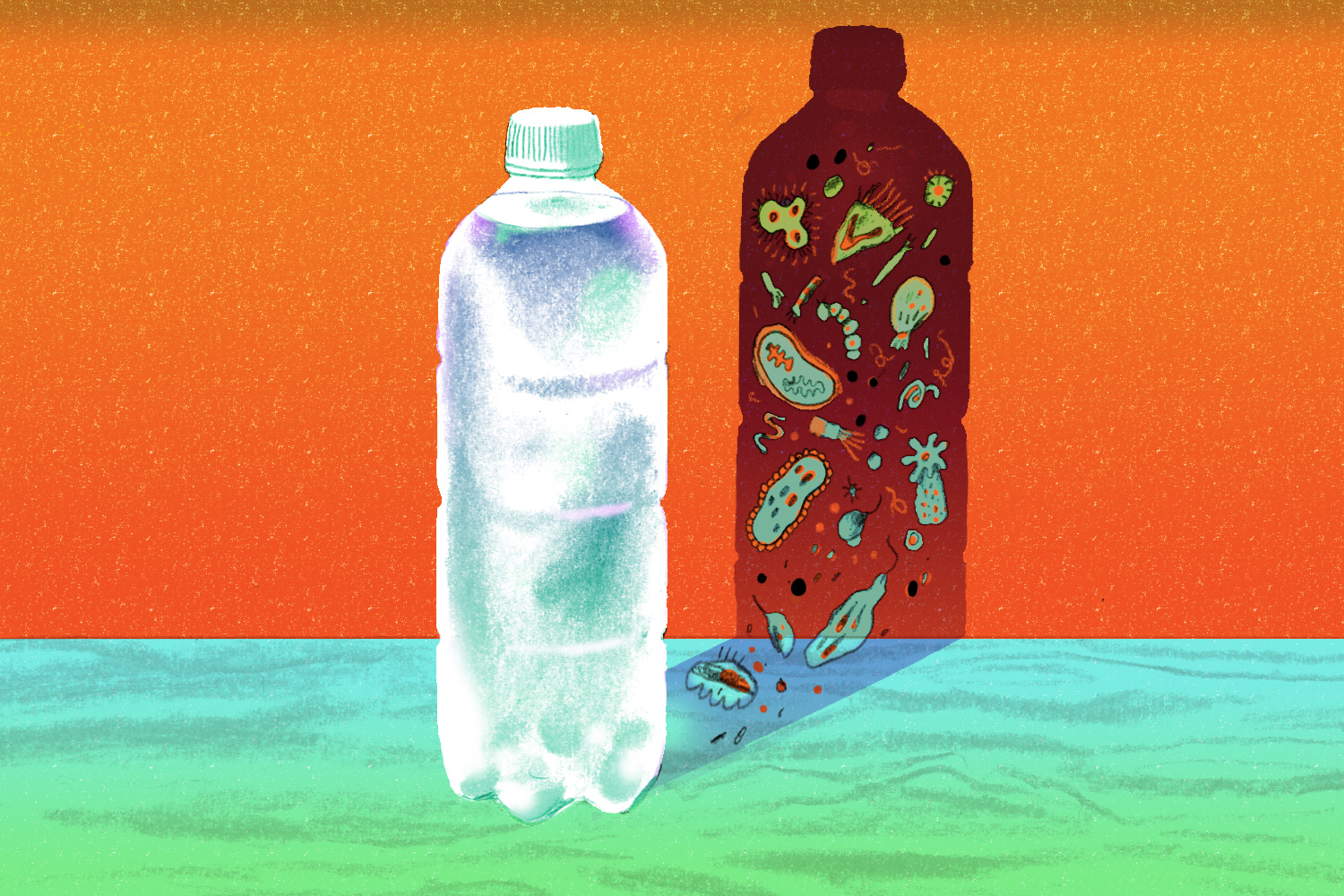Water is an essential component of life, and most of us take it for granted. But have you ever wondered if water can expire? It may seem unlikely, but it’s an interesting question to explore. In this article, we’ll explore the concept of water expiring, the science behind it, and whether or not it’s something we need to be concerned about. So, if you’re curious about whether or not water can expire, read on to find out the answer.
Can water expire? Water does not expire, but it can become contaminated with bacteria or other impurities and should not be consumed. Bottled water has a shelf life ranging from 1-2 years, after which it should be discarded. Tap water typically has a longer shelf life, and can be stored for up to 6 months without becoming significantly contaminated.
language.
Can Water Expire?
Water is the most essential element for life. It is the one thing that humans and animals alike need to survive. But it begs the question, can water expire? The simple answer is no, but the actual answer is a bit more complicated.
The Chemistry of Water
Water is composed of two hydrogen atoms and one oxygen atom. This means that water is a molecule, and molecules do not expire. Molecules exist in a stable form and do not change over time. This means that water does not expire, but that does not mean that it is safe to drink indefinitely.
The Effects of Time on Water
Water stored in a container over time can be affected by its environment. If the container is not airtight, the water can be contaminated with bacteria and other microorganisms. It is also possible that minerals, such as calcium and magnesium, can leech into the water over time. This can cause the water to taste different, and in some cases, it can be harmful.
The Effects of Light and Heat on Water
Water stored in a container exposed to direct sunlight or heat can also be affected. Sunlight and heat can cause the water to have a different taste, as well as cause the growth of bacteria. Additionally, some materials used to make containers can leech chemicals into the water, which can make it unsafe to drink.
The Effects of Contaminants on Water
Water can also be contaminated by other sources, such as chemical runoff from factories and farms, or from sewage systems. These contaminants can be toxic and can make the water unsafe to drink. Additionally, some bacteria and viruses can make the water unsafe, even if the water is initially safe.
Testing Water Quality
The best way to determine if water is safe to drink is to test it for contaminants. Most local water companies can provide water testing services, or you can purchase an at-home water testing kit. These kits will test for a variety of contaminants, such as lead and bacteria.
Treating Water
If your water is contaminated, there are several ways to treat it. Boiling the water will kill most bacteria and viruses, but it will not remove other contaminants. Filtering your water through a carbon filter or reverse osmosis filter can remove many contaminants. You can also purchase water purification tablets or drops to remove bacteria and viruses.
Storing Water
If you are storing water for a long period of time, it is important to store it in a cool, dark place. It should also be stored in a clean container that is airtight and does not have any cracks or holes. Additionally, it is important to change the water every few months for safety.
Conclusion
In conclusion, water does not expire, but it can be contaminated over time. It is important to test water for contaminants and treat it if necessary. Additionally, it is important to store water in a clean, airtight container in a cool, dark place.
Frequently Asked Questions
Can water expire?
Answer: Water doesn’t go bad, but it can become contaminated over time. Water can become contaminated with dirt, bacteria, and other pollutants, which can make it unsafe to drink. It’s important to keep water stored in a clean, safe container and to replace it regularly.
Water can also become stale over time. It won’t make you sick, but it may not taste great. Stored water should be replaced every six months for best results. Keeping water in a cool, dark place can also help it stay fresh for longer.
Does Water Ever Expire?
Conclusively, water does not expire and remains safe to drink as long as it is stored properly and kept away from contaminants. While tap water may have a taste or odor due to chlorine, this does not make it unsafe to consume. Ultimately, to ensure the safety of your drinking water, it is best to use a filter or purchase bottled water.




